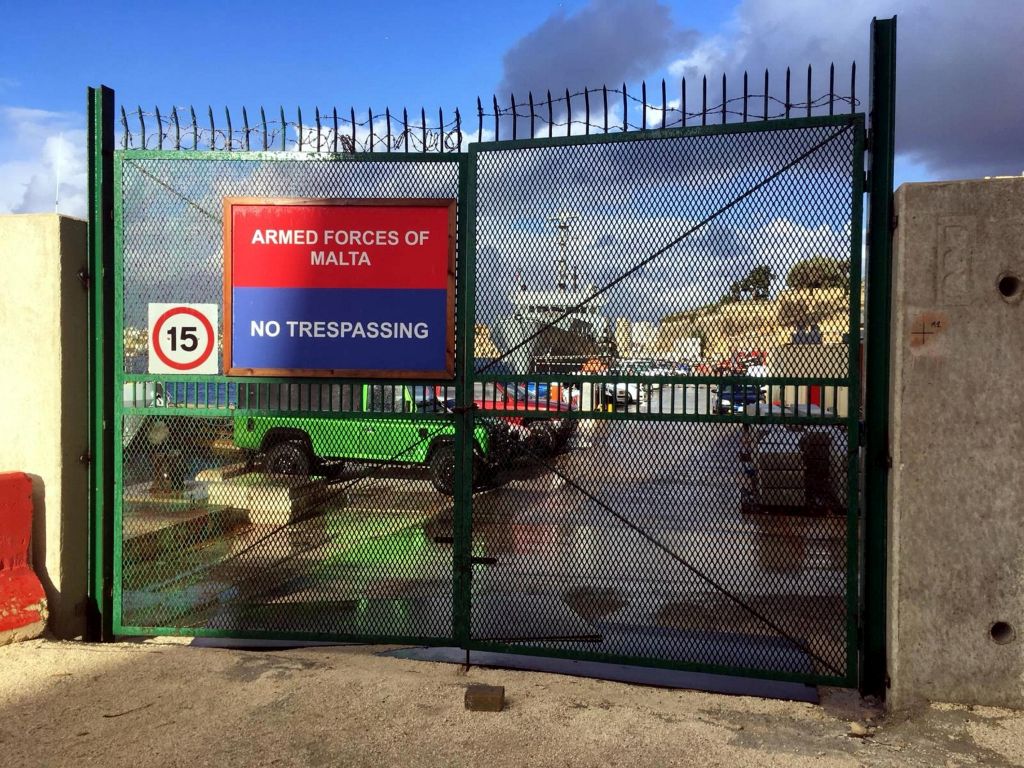
LA VALLETTA (MALTA) (ITALPRESS/MNA) – In the yearly report compiled by the US Department of State on human trafficking, Malta’s position remained almost the same as it was in the last five years. While sex traffickers take advantage on locals and foreign citizens, those involved in various industries exploit others from Eastern Europe, Central America, China, and Southeast Asia mainly the Philippines. According to the United States, Malta is still failing to satisfy its minimum standards for the elimination of human trafficking. The report noted that Malta failed to convict any traffickers, even though significant efforts were noted during 2022, including investigations and prosecutions of more suspected traffickers, increase in funds for victim assistance, and an extensive awareness campaign on human trafficking. Moreover, the Maltese government did not report identifying any Maltese, children, asylum seekers, or undocumented migrants as trafficking victims and lacked coordination among ministries, and it had never awarded restitution or compensation to any trafficking victims. The report added, “the government did not effectively enforce labour regulations to prevent recruitment fees charged to workers, which increase workers’ vulnerability to trafficking, or make concrete efforts to increase oversight and regulation of massage parlours where there was a higher incidence of trafficking indicators”. Many women from Central and Eastern Europe, Russia, and Ukraine are mostly found working in nightclubs, while Asian women are recruited in massage parlours. The Group of Experts on Action against Trafficking and NGOs reported a lack of oversight and regulation on the licensing of massage parlours. The report also noted that with approximately 9,000 refugees and 4,000 asylum seekers residing in Malta, these are vulnerable to trafficking in Malta’s informal job market, specifically in the construction, hospitality, and domestic work sectors. Malta’s penalties for trafficking – six to 12 years imprisonment – are said to be sufficiently stringent. In 2022, the police vice squad opened 12 new investigations; seven for sex trafficking and five for labour trafficking. This is a slight increase compared with nine investigations initiated in 2021, but less than the 16 new investigations initiated in 2020. Prosecutors from the Attorney General’s office initiated criminal proceedings against six suspects for sex trafficking, an increase compared with zero prosecutions in 2021, two in 2020, and none in 2019. Ten prosecutions remained ongoing from prior years, including six for sex trafficking and four for labour trafficking. But for the second consecutive year, the government did not report convicting any traffickers; this compared with the convictions of three traffickers in both 2019 and 2020, which included significant prison sentences. Greta has criticized Malta for not appointing specialized judges for trafficking cases and did not pursue financial crime investigations related to human trafficking cases. However, the Maltese government provided training to the police vice squad and officials working with asylum-seekers; including welfare officers, social workers, and psychologists – on victim identification, communication approaches, ethics while working with survivors, and mental health issues. Law enforcement officers have conducted discreet interviews with potential victims to protect their identities and ensure their safety. To avoid re-traumatization, the government provided victims with protective support, including the option to testify via video. Foreign victims who assist police in prosecuting trafficking cases were entitled to a renewable six-month temporary residence permit, police protection, legal assistance, and the right to obtain flexible work permits. However, the government did not report whether it provided these protections to any victim during the reporting period. The government could grant refugee status to victims as an alternative to removal to countries where they may face hardship or persecution; however, the government did not report providing this status to any victims either. In July 2022, the government established a new coordinating body, the Anti-Human Trafficking Inter-Ministerial Committee (IMC), which met for the first time in October 2022 and once more in January 2023.
Photo Credits: www.agenziafotogramma.it







